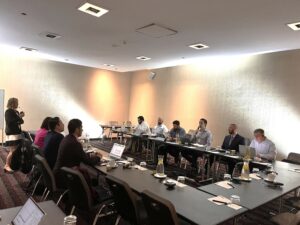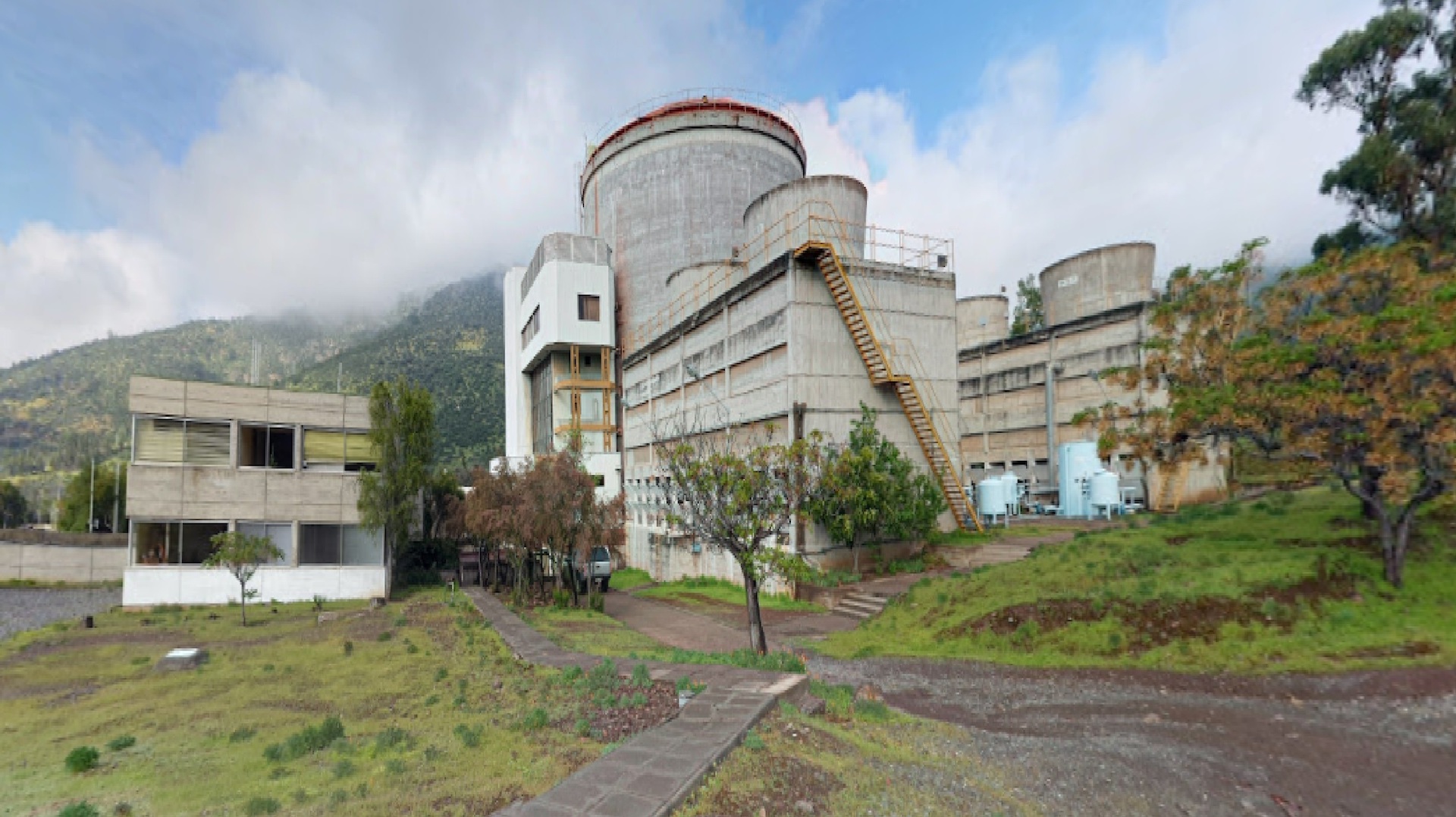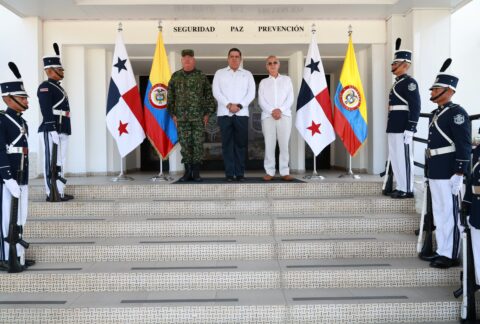A delegation from the Office of International Nuclear Security (INS) of the U.S. National Nuclear Security Administration, part of the Department of Energy, visited Santiago, Chile, to meet with the Chilean Nuclear Energy Commission (CCHEN). The meeting included a training course on nuclear contingency planning and the evaluation of physical protection measures for Chile’s most relevant facilities.
CCHEN is the government agency that regulates, authorizes, and oversees all nuclear and radioactive activities in Chile.
“The INS provided working methodology and safety standards used in the United States, which is very high,” Ciro Cárdenas, director of CCHEN’s Nuclear and Radiological Safety Division, told Diálogo on May 5. “The U.S. delegation shared content subject to the International Atomic Energy Agency and U.S. regulations.”
The work began with the Contingency Planning for Nuclear Facilities Workshop, held March 20-21, in Santiago. The workshop addressed the importance of having a robust physical protection system that provides information and resources to develop a contingency plan for CCHEN’s nuclear facilities, the institution said in a statement.
The training was aimed at 25 nuclear facility operators, regulators, and response personnel, among other members and agents involved in the prevention and action against nuclear and radiation accidents, such as Chile’s National Disaster Prevention and Response Service, the Chilean Carabineros, Chile’s Investigative Police, the Army, the National Intelligence Agency, and the Chilean Nuclear Energy Commission.

“The training included case analyses covering the rating of each threat, as well as measures to respond to, delay, and avoid these events,” said Cárdenas. The two days of instruction included nuclear safety, description of nuclear facilities and analysis of emergency scenarios, as well as a simulation exercise, the Chilean Army indicated.
“In the event of a radiation or nuclear incident, we always respond jointly and in a coordinated manner between institutions,” Cárdenas said. “There is no entity that alone has all the elements to resolve radiation problems […], but together we can respond to any event efficiently and return to normalcy.”
“The knowledge acquired will be useful to contribute to updating the security plans of the Nuclear Research Centers [NRC] of La Reina and Lo Aguirre,” Chilean Army Captain Nicolás Vargas, from the 1st Military Police Regiment and a workshop participant, said about Chile’s two NRCs.
The INS delegation also visited the La Reina and Lo Aguirre NRCs to evaluate the physical protection measures of these facilities and recommend upgrades to increase their standard.
The Lo Aguirre NRC has a nuclear fuel processing plant, a chemical analysis laboratory, an ionizing energy plant for food preservation and sterilization of supplies, a radioactive waste treatment and storage plant, and a radiochemistry laboratory. The La Reina NRC has an experimental nuclear reactor, a cyclotron or particle accelerator, and laboratories for research in plasma, nuclear physics, and microbiology, among other facilities.
On March 24, the U.S. delegation met with CCHEN Executive Director Luis Huerta and Director Cárdenas to analyze the 2023 Action Plan, which involves activities between both institutions. In addition, a memorandum of understanding was signed between the INS and CCHEN to formalize existing cooperation between both countries, CCHEN indicated.
“We worked together with the INS on strategic guidelines and a schedule of joint activities, with a focus on physical security in nuclear and radioactive facilities, in order to continue advancing on these issues in greater depth,” Cárdenas concluded. “It’s crucial to maintain training and manage international standards, as well as to compare and measure each other between institutions, to improve the alternatives for solutions and response, which is of direct benefit to the public.”









